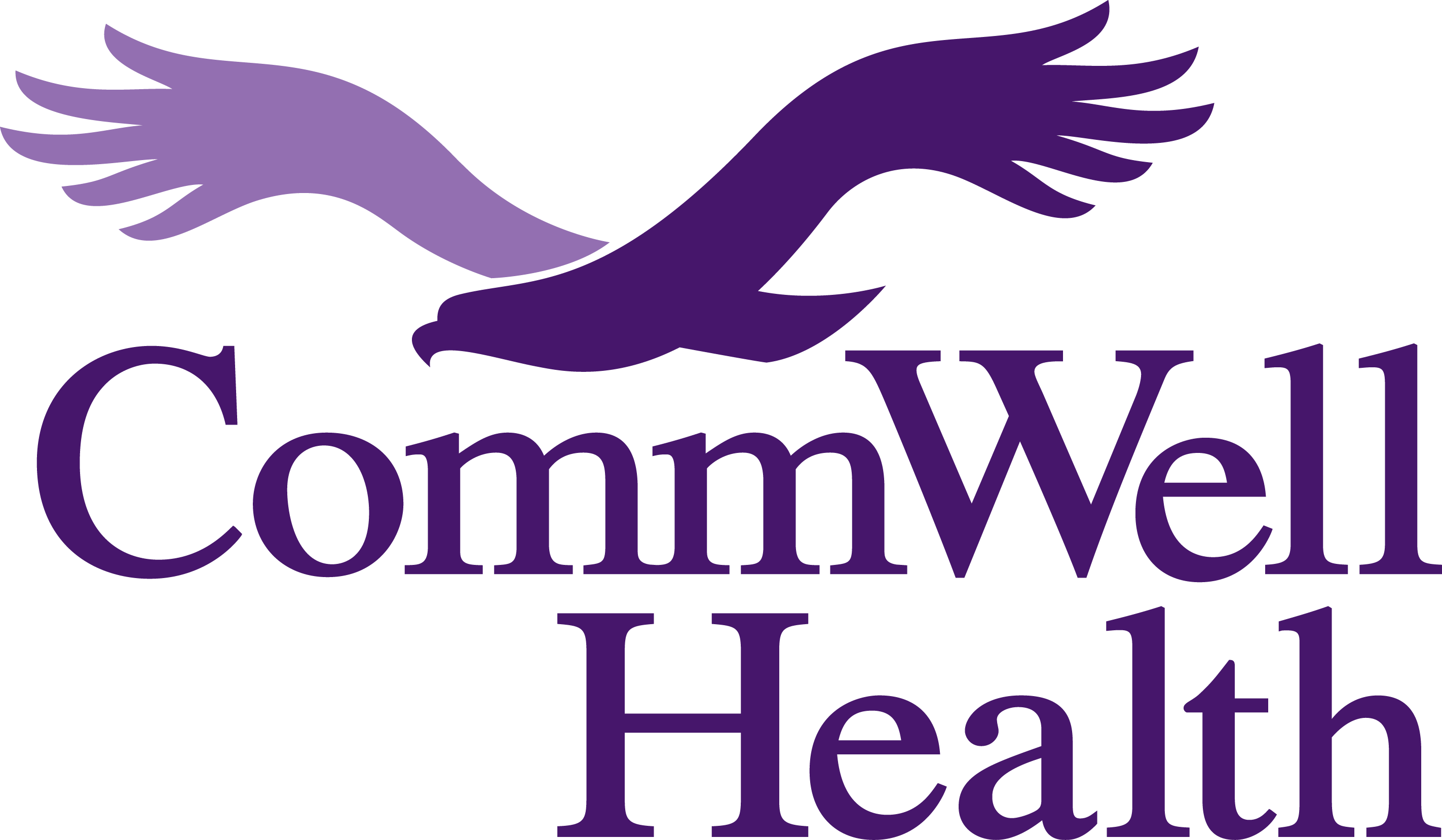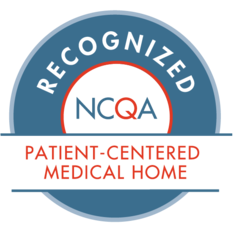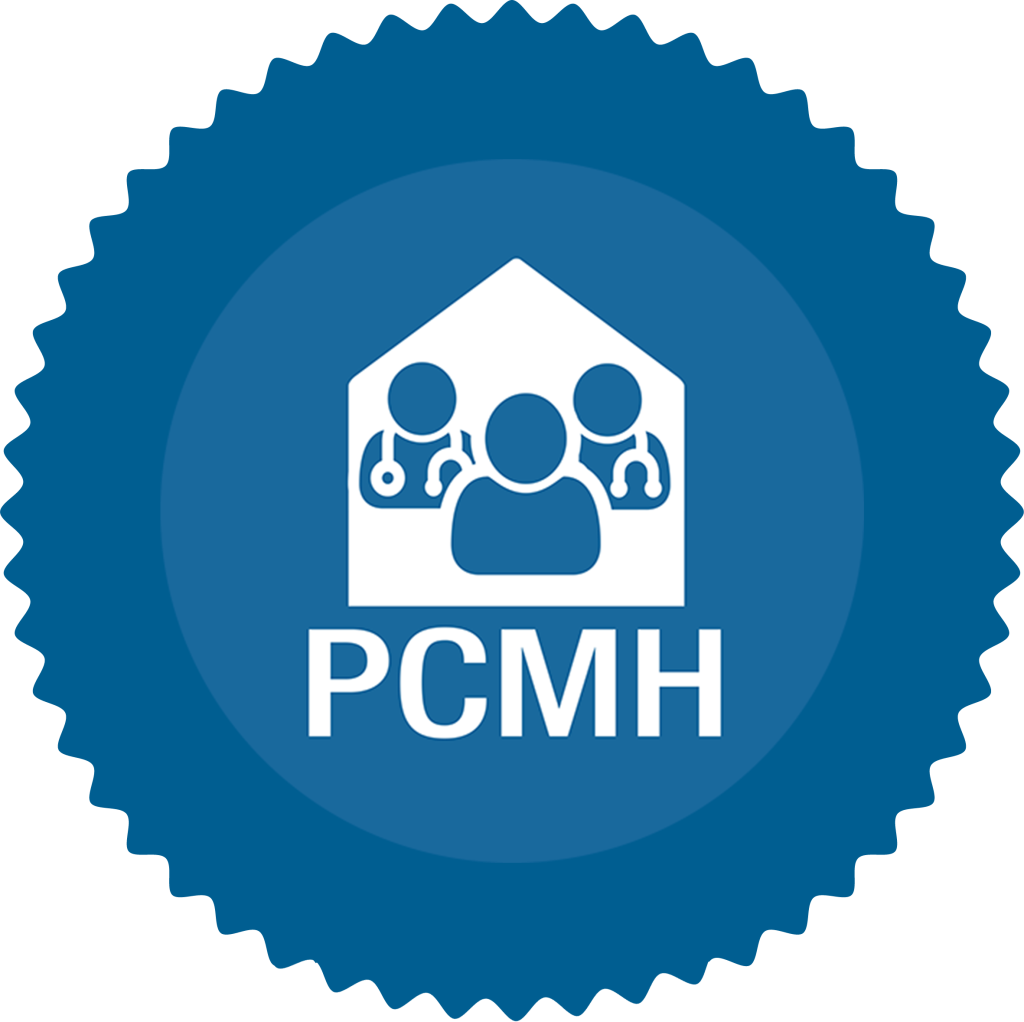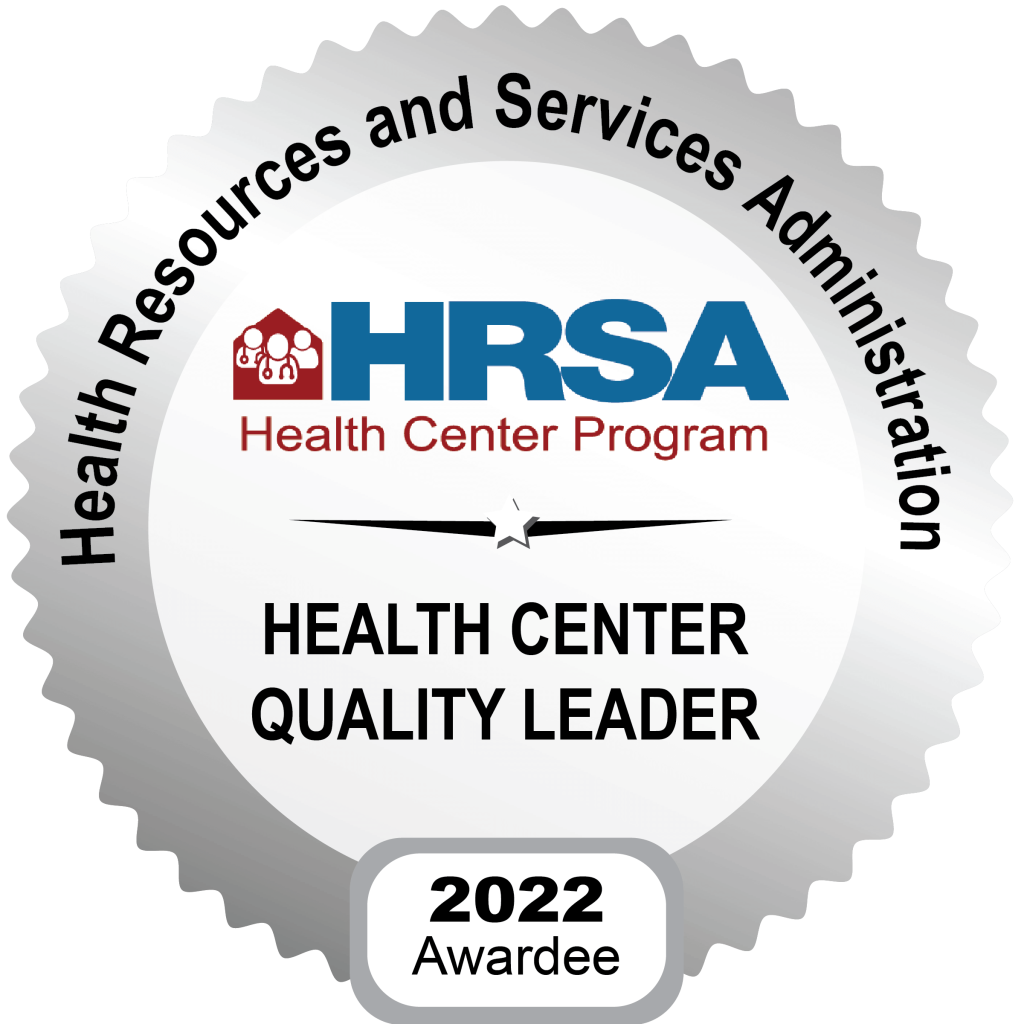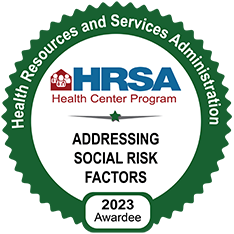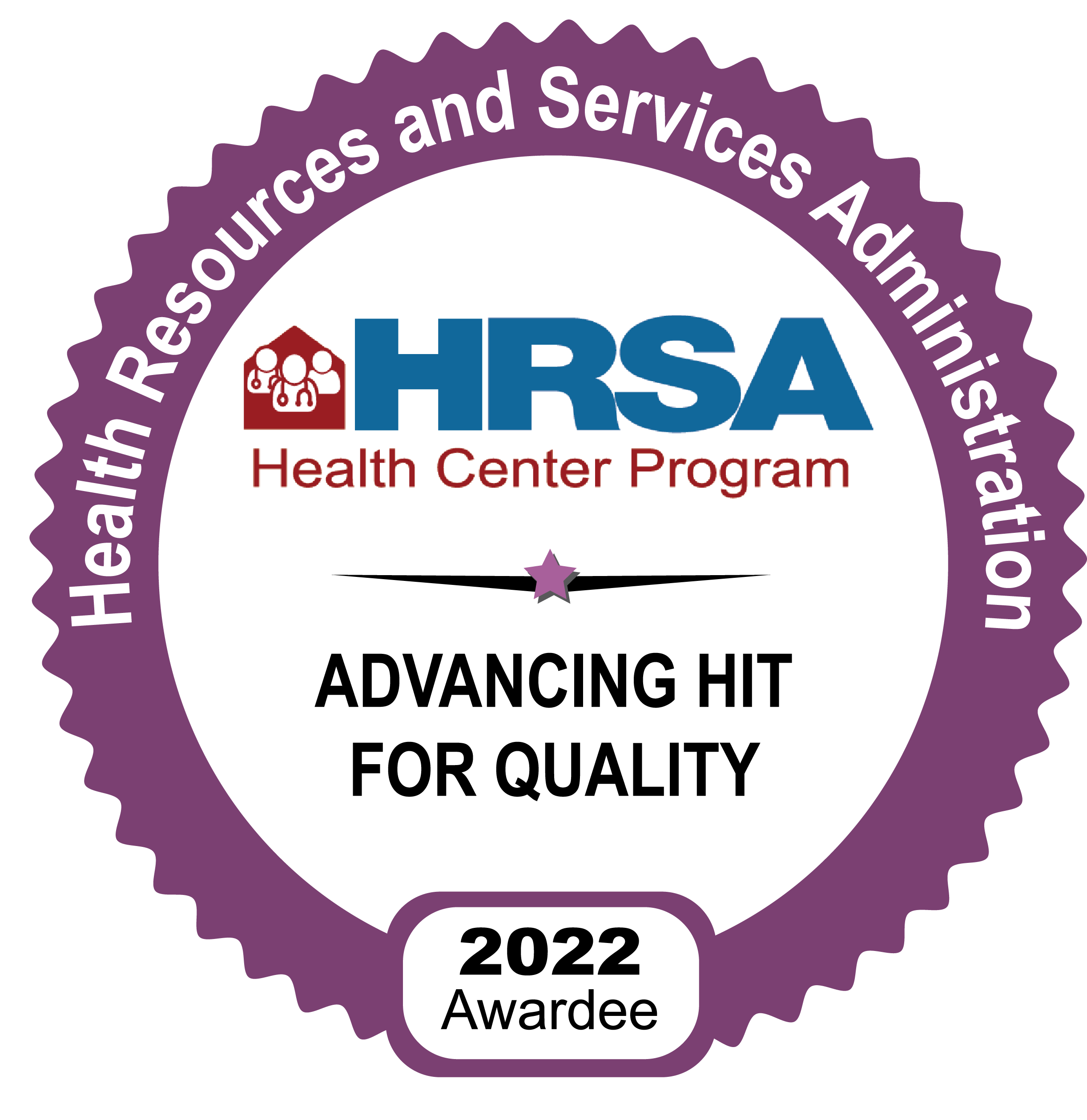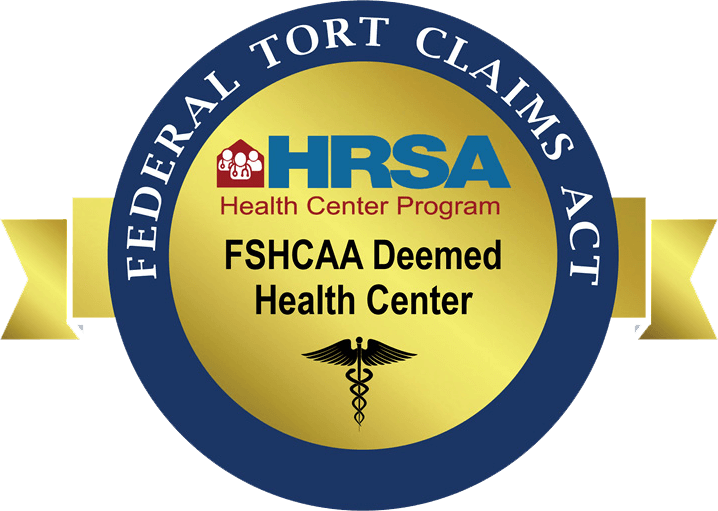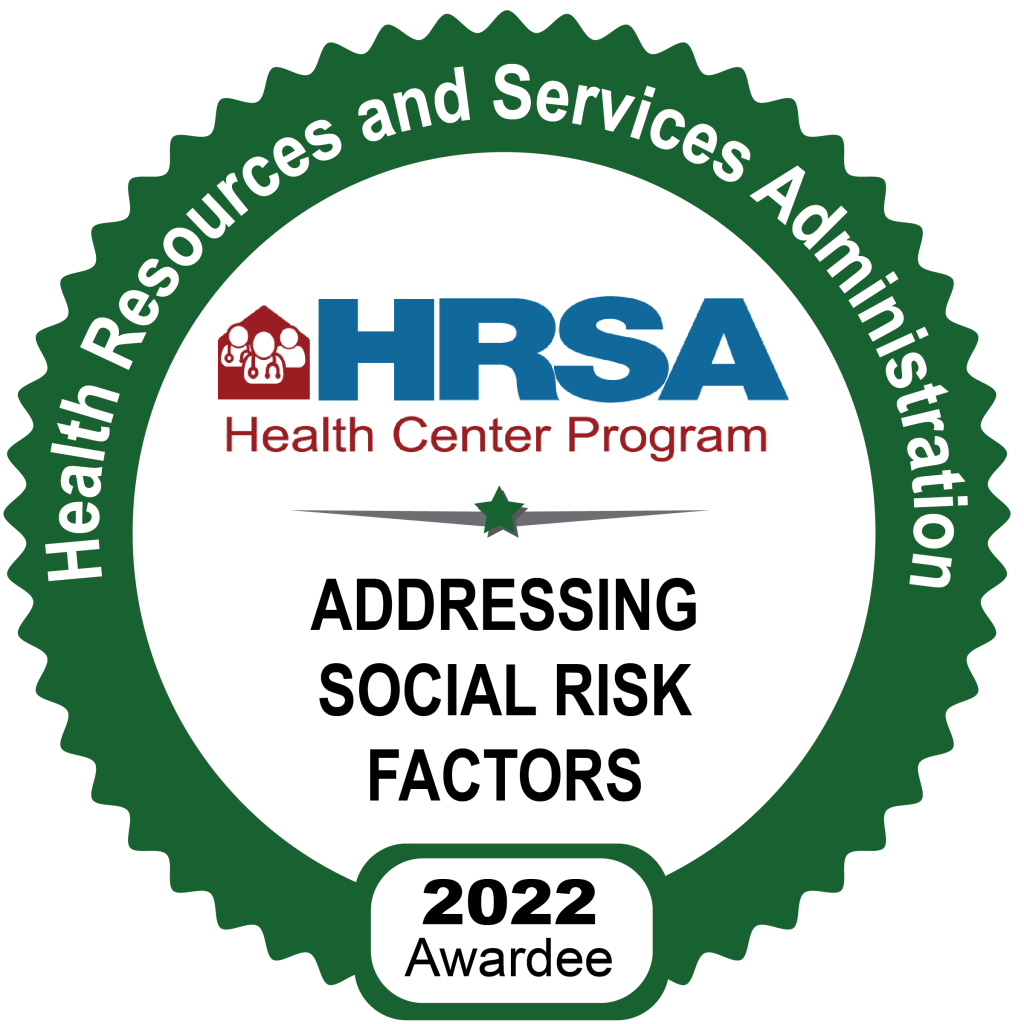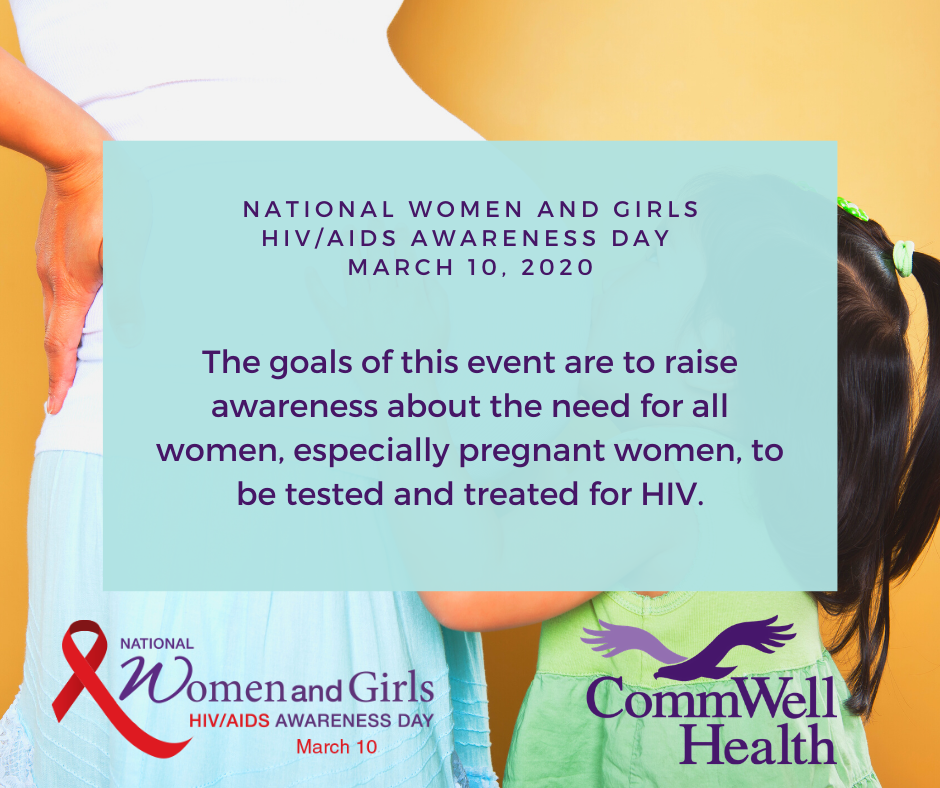
Nearly
one in four people living with HIV in the United States is female. This means that more than
235,000 women (PDF, 3.9 MB) and girls have been diagnosed with HIV. This National Women and Girls HIV/AIDS Awareness Day, you should know these facts:
1
Any woman who has sex is at risk of HIV infection, no matter what her race, ethnicity, age, or sexual orientation is. Protect yourself and your partner every time. Use a condom.
2
Women are more likely to get HIV during vaginal sex because the vagina has a larger area that can be exposed to HIV-infected semen. Also, semen can stay in the vagina for several days after sex, which means a longer exposure time for women. And, having untreated
sexually transmitted infections (STIs) makes it more likely that a person will get HIV if they’re exposed to it.
3
The only way to know for sure whether you have HIV is to
get tested. Talk to your partner about their sexual past and get tested together.
4
Most private insurance plans must cover HIV testing at no cost to you. Medicare and Medicaid often cover HIV testing but you might have a copay, coinsurance, or deductible. Call your health insurance plan to learn more.
5
If you chose to have sex, there are many ways to
prevent HIV, such as using a male or female condom; being in a monogamous sexual relationship with only one partner who is also faithful to you; not misusing alcohol or drugs, which is linked to sexual risk-taking; and getting tested for STIs.
6
If you do not have HIV and your partner does, talk to your doctor about taking
pre-exposure prophylaxis (PrEP). PrEP is a daily pill that can lower your risk of getting HIV. Daily PrEP can
reduce the risk of getting HIV from sex by more than 90%. Or if you think you may have been exposed to HIV, visit a doctor right away. For people who have a one-time risk of exposure to HIV,
post-exposure prophylaxis (PEP) might be an option. PEP is an anti-HIV medicine that you can take within 72 hours of possible exposure to HIV to lower your chances of getting HIV.
7
Even if she knows her status, some women with HIV
postpone medical care because of fears of rejection by family, violence from a partner, or feelings of depression. Medical care can help you live a long life. If you need help for violence or abuse, call the Domestic Violence Hotline at 1-800-799-SAFE (7233).
8
If you are
pregnant and living with HIV, you can take HIV medicine and work with a doctor to stay healthy. If you take medicine, the risk of passing HIV to your baby is less than 1%.
9
Never share needles, syringes, or other injection equipment. Sharing equipment puts you at high risk of HIV infection.
10
A woman living with HIV or AIDS needs support, family, friends, and fun. We can all help fight stigma by making sure people know you can’t get HIV from things like the air, toilet seats, or hugs.
11
If you are living with HIV, taking your medicine daily as prescribed, can lower your
viral load and lower the chance of passing HIV through sex to an HIV-negative partner.
12
If you and your partner are both living with HIV, you can both take HIV medicines from your doctor to live a healthy life.
For more information, visit our
HIV and AIDS section. Follow the conversation on social media using #NWGHAAD.
source:
https://www.womenshealth.gov/nwghaad/every-woman
 Nearly one in four people living with HIV in the United States is female. This means that more than 235,000 women (PDF, 3.9 MB) and girls have been diagnosed with HIV. This National Women and Girls HIV/AIDS Awareness Day, you should know these facts:
Nearly one in four people living with HIV in the United States is female. This means that more than 235,000 women (PDF, 3.9 MB) and girls have been diagnosed with HIV. This National Women and Girls HIV/AIDS Awareness Day, you should know these facts:
